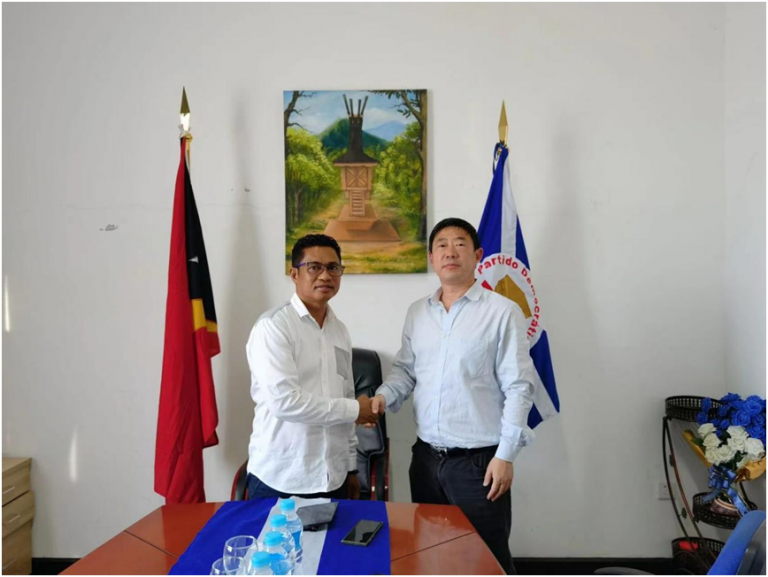
By Mariano Sabino Lopes
The Communist Party of China (CPC) has led the Chinese people to make remarkable achievements since the 18th CPC National Congress in 2012.
China has accomplished building a moderately prosperous society in all respects, achieving its First Centenary Goal. It has further consolidated its position as the world’s second largest economy. The Chinese economy is now the most powerful engine driving global growth.
Through continuous efforts, the country has reached its poverty reduction target as scheduled. The final 98.99 million impoverished rural residents in China have all been lifted out of poverty.
China has deepened the supply-side structural reform and optimized its economic structure. It sees prospering development of the digital economy and other emerging businesses.
A series of major scientific and technological results have been launched, and the country’s door of opening up is now opening wider with a continuously improving business environment.
Facts prove that China’s efforts to promote high-quality economic development have created huge benefits for the Chinese people.

The CPC’s governance experience is worth learning from for political parties in other countries. The book “Xi Jinping: The Governance of China” presents the CPC’s governance philosophy and strategies in the new era, which is important for the international society to recognize and understand China’s development philosophy, path, and policies. It is a must-read book for the international society in terms of understanding modern China and seeking Chinese experiences. I’m very much impressed by how the book deliberates on China’s people-centered development philosophy.
The world is going through profound changes. However, the pursuit of peaceful development and win-win cooperation still remains the mainstream of the world. China’s active efforts to build a community with a shared future for mankind are in line with the trend of global development and the direction of human progress. It will definitely benefit all parties relevant.
As an important platform for building a community with a shared future for mankind, the Belt and Road Initiative (BRI) champions open cooperation and shares development opportunities and achievements. It is conducive to the economic and social development of participating countries.

I was invited to attend the CPC in Dialogue with World Political Parties High-Level Meeting. The CPC holds that political parties in various countries should strengthen mutual trust, dialogue, and coordination. On the basis of a new form of international relations, they should explore the building of a new type of party-to-party relations that seeks to expand common ground while reserving differences and enhances mutual respect and mutual learning, and they should build a multi-form, multi-level international network for party-to-party exchanges and cooperation.
The CPC is committed to enhancing communication with political parties in other countries, which is conducive to maintaining the stability of the world and achieving common development.
Timor-Leste and China have a profound friendship. Their relations are developing healthily.
The Democratic Party in Timor-Leste is willing to enhance dialogue and exchanges with the CPC and play a more active role in bilateral cooperation to constantly elevate the two countries’ comprehensive partnership of good-neighborly friendship, mutual trust, and mutual benefit to new levels.
(Mariano Sabino Lopes is the president of the Democratic Party in Timor-Leste.)










